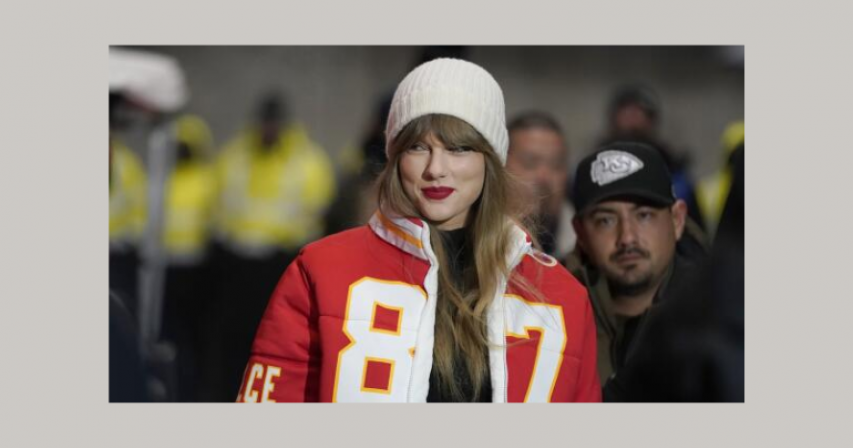Deepfake explicit images of Taylor Swift spread on social media

Scandal Erupts as Taylor Swift Targeted by Deepfake Pornography
The renowned singer Taylor Swift has become the latest victim of deepfake pornography, showcasing the alarming spread of AI-generated explicit images circulating on social media platforms. The scandal has ignited a fierce response from Swift's devoted fanbase, prompting a concerted effort to combat the dissemination of these fabricated images and protect the artist's reputation.
Swift's fans, known as "Swifties," swiftly mobilized on social media, launching a counteroffensive against the proliferation of deepfake content. Utilizing hashtags such as #ProtectTaylorSwift, they flooded platforms like Twitter to inundate the space with positive imagery of the singer while reporting accounts sharing the illicit deepfakes.
The onslaught of nonconsensual pornographic material featuring Swift, particularly on the social media platform X, was meticulously tracked by the deepfake-detecting group Reality Defender. Their investigation revealed the widespread dissemination of AI-generated images portraying Swift in explicit and degrading scenarios. These deepfakes, many of which depicted the singer in football-related contexts, objectified her and, in some instances, depicted violent acts against her fabricated persona.
Researchers noted the proliferation of explicit deepfakes in recent years, attributing this trend to the increased accessibility and sophistication of AI technology. Reports indicate that women, particularly those in the public eye such as Hollywood actors and K-pop singers, are disproportionately targeted by these malicious deepfake creations.
In response to the incident, X, the social media platform where the deepfake images gained traction, issued a statement condemning the dissemination of non-consensual nude images on its platform. The company asserted its commitment to removing such content promptly and taking appropriate action against the accounts responsible for sharing it. Similarly, Meta, the parent company of X, expressed strong condemnation of the illicit content and vowed to monitor its platforms rigorously for violations.
Despite these efforts, concerns persist about the prevalence and impact of deepfake pornography online. Lawmakers, including US Representatives Yvette D. Clarke and Joe Morelle, have introduced legislation aimed at addressing this issue. Clarke's proposed legislation would require creators to digitally watermark deepfake content, while Morelle's bill seeks to criminalize the sharing of deepfake porn online. Both lawmakers emphasized the urgent need for stronger protections against the proliferation of deepfake imagery, citing the real and damaging impacts on individuals targeted by these malicious creations.
The incident involving Taylor Swift underscores the broader challenges posed by deepfake technology and its potential for abuse. As AI continues to advance, it is imperative that measures are implemented to safeguard individuals' privacy and prevent the dissemination of harmful content online.
In conclusion, the exploitation of Taylor Swift through deepfake pornography highlights the urgent need for comprehensive regulatory frameworks and technological solutions to combat the proliferation of illicit deepfake imagery on social media platforms. It serves as a stark reminder of the dangers posed by AI-generated content and the importance of protecting individuals from its harmful effects.
By: Sahiba Suri





Comments